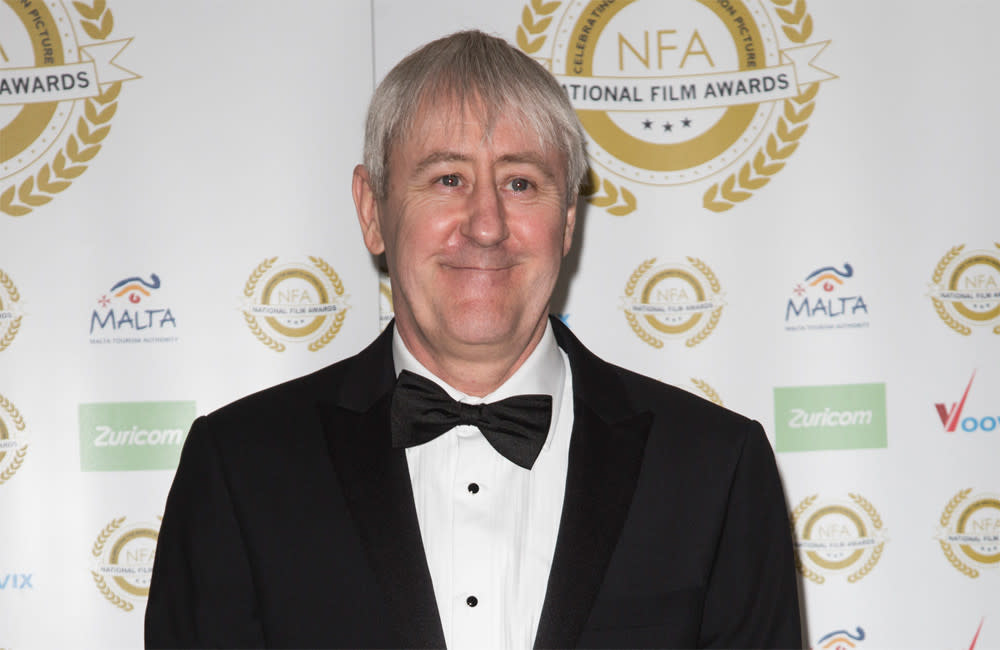BBC rejected new Goodnight Sweetheart, writer claims

The BBC rejected a new series of 'Goodnight Sweetheart'.
The time-travelling sitcom - which starred Nicholas Lyndhurst as Gary Sparrow - ran for six years until 1999 and returned for a one-off episode in 2016, but creator Laurence Marks has revealed fans could have enjoyed another set of episodes.
However, he claimed his offer to write a new series was rejected because the BBC wanted to focus on new ideas, something he thinks was a mistake.
He told the Daily Star Sunday newspaper: “We could have done another series of Goodnight Sweetheart, but the BBC pulled back from that.
“They got frightened that they were putting on too many old shows — shows that had already been seen. So instead they put on shows that nobody wanted to watch. And that’s their choice.”
The 'Birds of a Feather' writer fears TV comedy has grown too safe and "nice" because people are so concerned about cancel culture.
He said: “You can’t be vicious to people anymore. Everyone has to be nice. And everyone has to be spoon-fed by the hand to safe places.
“You can’t talk about the things that you find funny because of what I believe is called cancel culture. So you avoid them. And if you avoid them, you lose your humour.”
But Laurence insisted he'd rather be funny than play it safe.
He added: “My entire career was made on not going to safe places.
“Now I wouldn’t avoid things that are supposed to be off-limits. I’d say, ‘Oh f*** it, cancel me’. Who gives a toss? It doesn’t matter. What matters is being funny."
And the writer is sure the tide will turn again in the future.
He said: “But everything changes. Everything is cyclical. I’m sure it will change back.
“A head of comedy will come into ITV or a controller will come into ITV and say let’s be dangerous.
“They might not keep their job for very long but they would produce some bloody good programmes.”

 Yahoo News
Yahoo News 
